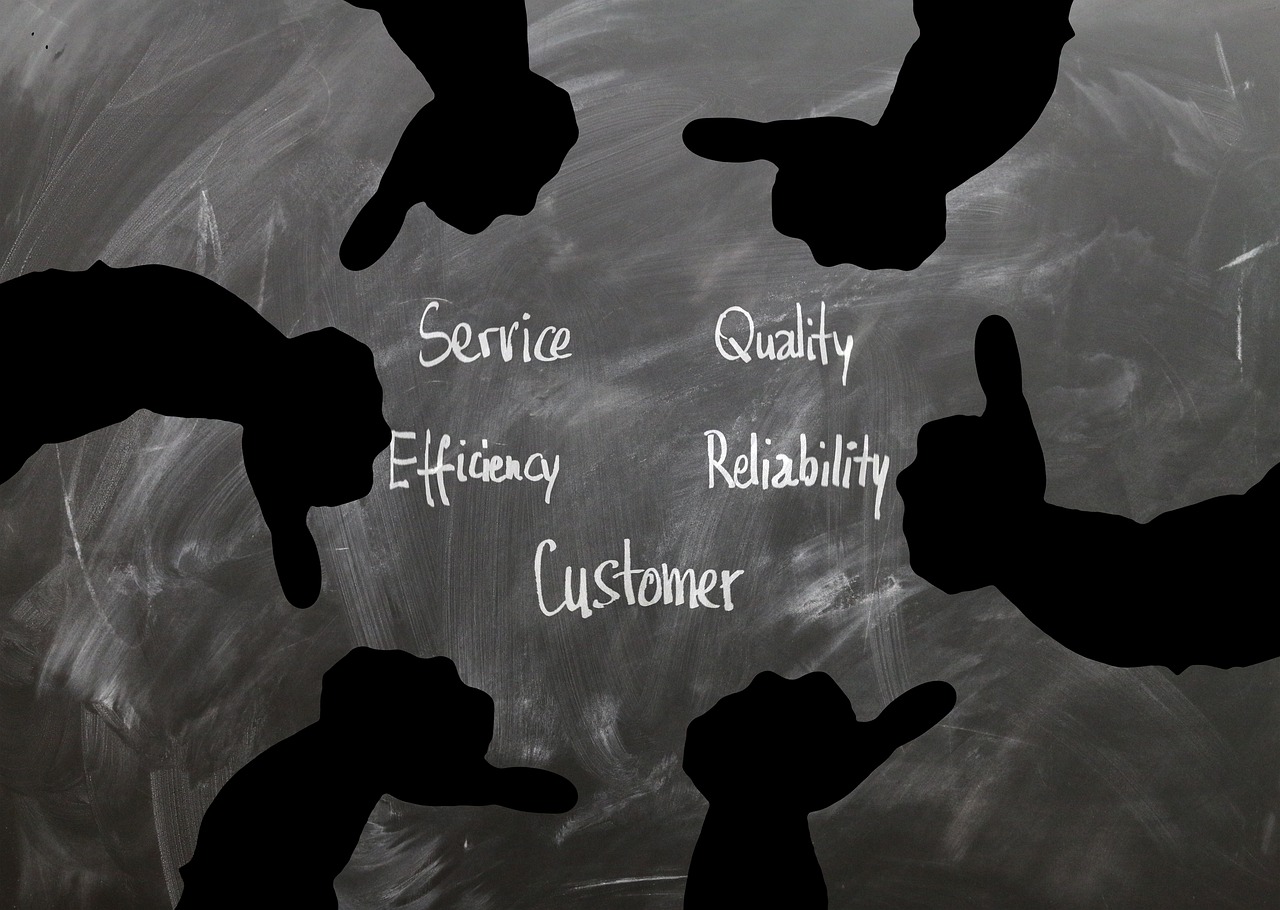Getting More by Doing Less

There’s an old saying among American civil servants that goes like this: “It’s close enough for Government work.” That may sound like a pejorative and, to be fair, it’s intended to be; however there’s a valuable lesson in that statement that perfectionists should take to heart. It’s simply this: It isn’t necessary to be perfect in your work. You’re not letting down your side, robbing your company, or skiving off if you settle for anything less than flawless workmanship or 100% effort. Instead it’s something that you should make into a habit. In so doing, it will make both you and your employees more productive.
If you’re the boss, you may not like the idea of your employees giving only 75% or 80% for much of the time; and if you’re an employee that’s bucking for a promotion, you may feel that your chances will be severely diminished if you do any less. If that’s what you’re thinking, then here’s something else for you to think about.
Recall the last time you flew. Maybe you took your family to warmer climes on holiday. You boarded the aircraft, put your seatbelt on, and then recited the safety briefing with the attendant in-between checking your email before putting your phone into “airline mode”.
Then what happened?
The pilot pushed the throttle up to the maximum, the plane rolled down the runway; you took off, and climbed to your cruising altitude. What happened when you got there? Did you notice anything in particular, apart from the fact that you could now turn on your noise cancelling headphones and read your Kindle?
(Hint: It has to do with the engines.)
Did you notice any change in the way the engines sounded? If you were paying any attention at all, then you would have noticed that the pilot pulled back on the throttle. Why do you suppose he or she did that? The reason is that in order to get you from A to B, it’s unnecessary to keep the “pedal to the metal”.
For a domestic flight of around three hours, an “average” airliner would burn about 30% of the fuel it would normally use for that flight to take off and climb to cruising altitude. And so you can see straightaway that to leave the throttle wide open for the duration of the flight would waste fuel.
It would be literally burning money.
Now think about your work. If the result you want is “X”, then why would you commit 10X in time, energy, and resources? It would be like swatting a gnat with a cricket bat.
Here’s something else for you to think about.
Aircraft don’t use up all of the fuel that they carry for a given flight. They also carry a reserve. This gives them some extra flight time.
They could be diverted to another airport if there’s bad weather at their intended destination. There could be an incident on the field where they want to go or additional congestion that prevented them from landing on time. This is why you can find yourself in a holding pattern for an hour. So having a fuel reserve is important. In fact, it’s mandatory.
People, however, aren’t machines. If you’re always full-on, then you have no reserve to draw on when you need it. There’s no such thing as giving 110%. It’s a myth.
You can’t simply replace a vital part if you happen to wear it out prematurely like you can in a jet. And that means that both you and your employees could burn out. It may not happen today, tomorrow, next week, or next month. It may take some time; but, if you persist in working flat out all the time, then eventually it will catch up with you. You can depend on it. It could be a heart attack, a breakdown, an infection, or a lingering fatigue that never goes away.
The truth is that you can get more done by doing less. Stop trying to be perfect. No one is, and no one can be; not even you.
If you want to know more about productivity or time management – contact us here
For more information please send a message via the Contact Us Page. Or you can register for an upcoming webinar.


